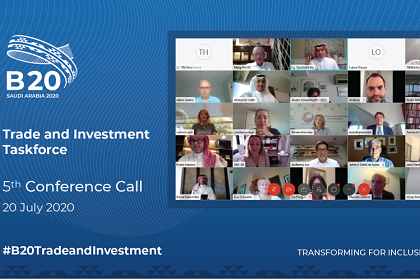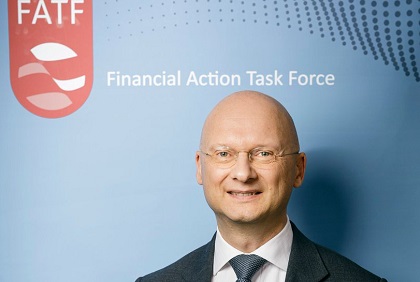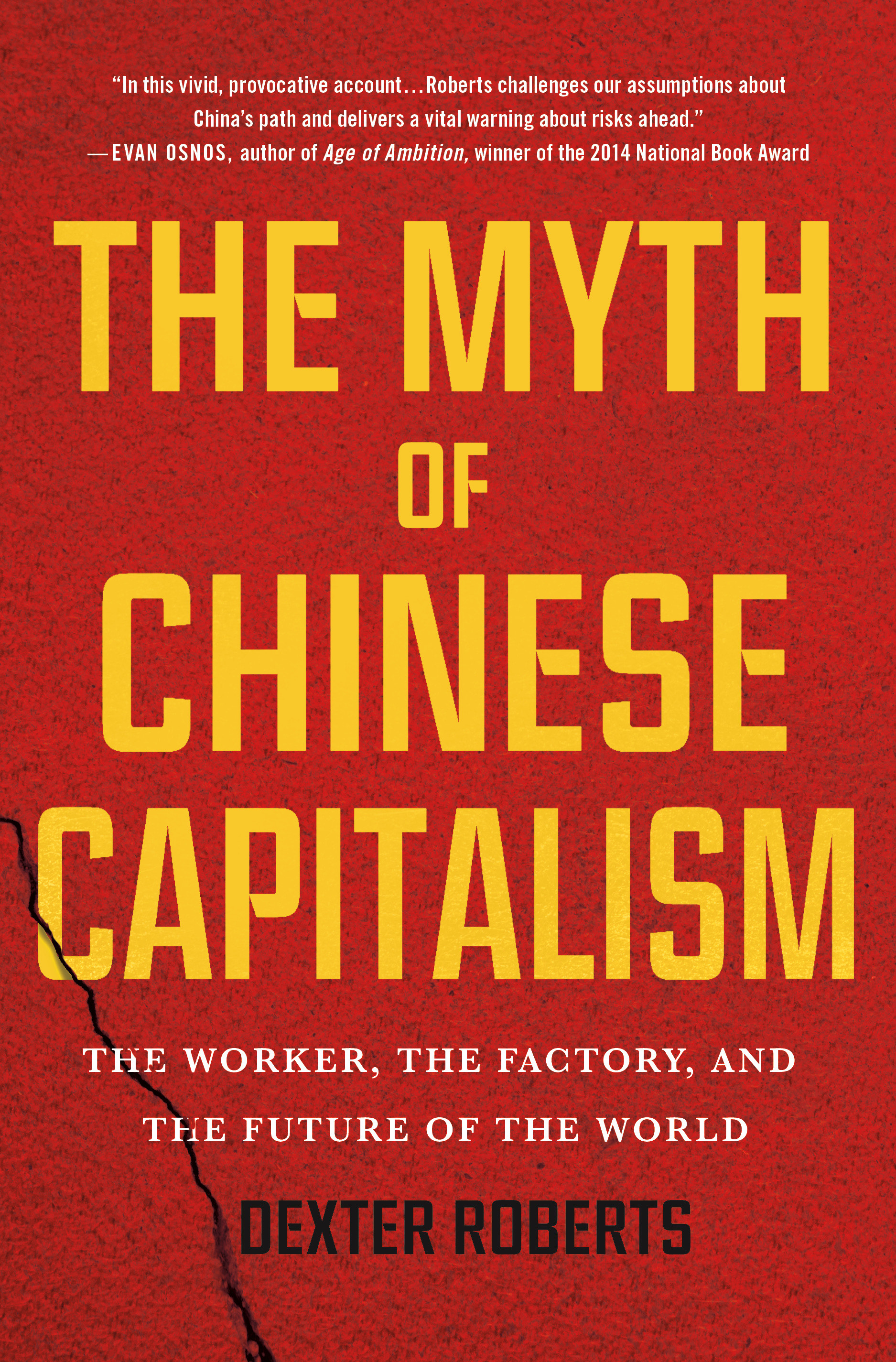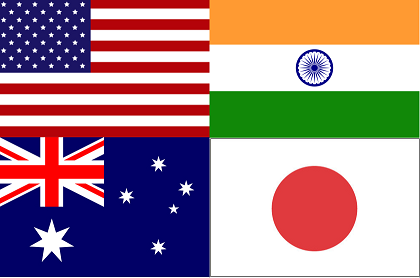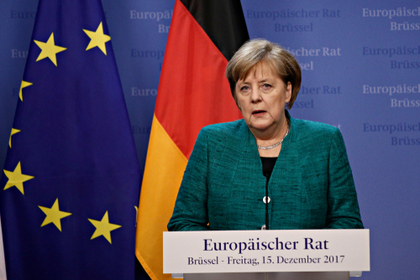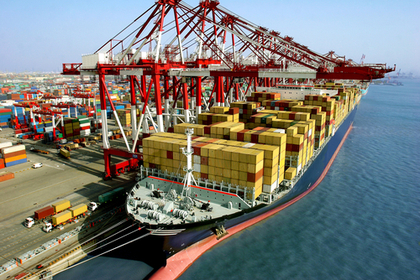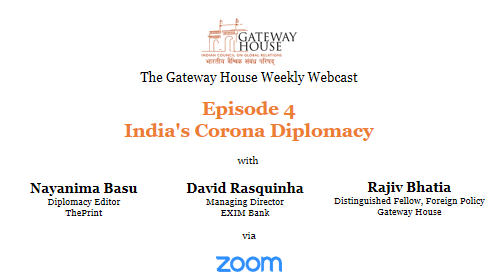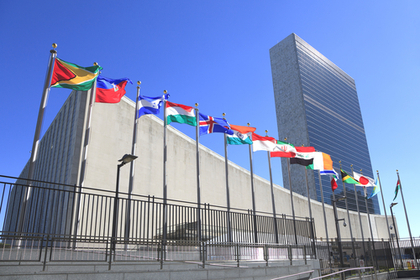China’s dramatic political and economic rise over the past three decades has been well recorded. Less known is the effort of China's rural labourers and migrants, which has largely enriched the coastal elites, instead of creating the egalitarian, capitalist, society China espouses. Dexter Roberts’ book takes us deep into the story of China’s rise, and exposes this reality. Roberts chronicles the lives of the many rural folk he has met during two decades of work and travels in China. It gives the book a personal and compassionate note, with the authenticity of a hands-on China expert.

